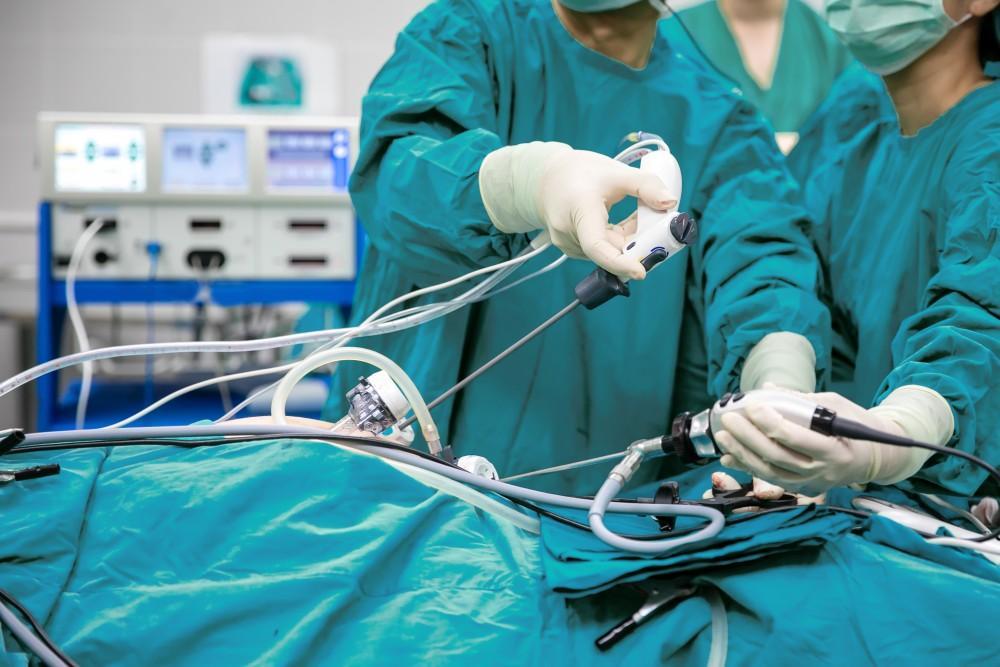
Warning Signs of Thyroid Cancer

The thyroid is a small, butterfly-shaped gland near the base of your neck in front of your windpipe. It produces hormones that help control metabolism and other vital functions you count on every day for good health. Thyroid hormones, for instance, help regulate your blood pressure, digestive processes, and muscle control. These hormones also play a significant role in early development and growth.
Unfortunately, cancer can invade this powerful gland and create serious problems for your overall health. Some good news about thyroid cancer is that it’s very treatable and most often curable. As with most cancers, however, the sooner it’s identified, the more effective the therapy.
The symptoms are typically subtle, especially early in its course, but there are warning signs of thyroid cancer you should take seriously.
Signs and symptoms of thyroid cancer
Symptoms of thyroid cancer usually develop after the disease has had time to advance, which makes it even more important that you not put off seeing your physician if you notice:
- A lump in the area below your Adam’s apple
- Generalized swelling in your neck
- Difficulty swallowing
- Persistent hoarseness or other changes to your voice
- Discomfort at the front of your neck that can travel up to your ears
- Sore throat
- Persistent cough
- Trouble swallowing or difficulty breathing
- Enlarged lymph nodes in your neck
Most thyroid cancers are curable with treatment. It’s important to note that medical conditions that are not cancerous can cause symptoms similar to those associated with thyroid cancer, and they also deserve your attention. See your physician if you notice any of these symptoms.
Diagnosing thyroid cancer
An evaluation for thyroid cancer typically starts with a physical exam, careful review of your symptoms, and diagnostic blood tests to help determine whether your thyroid is functioning normally.
Your doctor may also recommend a fine-needle biopsy to identify the nature of your thyroid abnormality. During the biopsy, a thin needle gathers a small amount of thyroid tissue that is then carefully analyzed in the lab for cancer cells and other problems.
Your surgeon typically uses ultrasound imaging as a guide during the biopsy procedure to help ensure the tissue for study is retrieved from the abnormal areas of your thyroid gland. You probably wouldn’t describe a biopsy as fun, but discomfort during the procedure is minimal and it’s an important step in identifying whether you have thyroid cancer.
Other imaging studies, such as a CT scan, are also valuable in determining whether the cancer has spread. This helps your surgeon develop an effective treatment strategy, which may include removal of affected lymph nodes.
Treating thyroid cancer
Treatment for thyroid cancer varies depending upon the type of cancer and whether it’s spread. Most often, however, it requires surgical removal of the entire thyroid gland (thyroidectomy). If nearby lymph nodes show signs of cancer, your surgery may include their removal as well. Rarely, if the cancer is very small, your surgeon may consider a partial thyroidectomy.
Following surgery, because thyroid hormones are vital to your overall health, you can expect to take thyroid hormone replacement medication (levothyroxine) for life. It may take several months and repeat blood tests initially to adjust your dosage to the correct levels. Once that’s done, however, annual blood checks to track your hormone levels are typically enough.
We also may recommend radioactive iodine treatment after thyroidectomy to destroy microscopic cells of thyroid cancer that weren't removed during surgery. This therapy comes in liquid or capsule form that you swallow. Because radioactive iodine is absorbed primarily by thyroid and thyroid cancer cells, there's little risk of the radiation harming other cells in your body. The substance typically exits your body within just a few days of treatment via your urine.
The surgeons at Rockwall Surgical Specialists are highly valued for their extensive skill and expertise in performing thyroidectomy for treatment of thyroid cancer. Schedule your consultation today.
You Might Also Enjoy...


Is It Time for Your Colonoscopy?

Why Your Weight and BMI Are Important Barometers of Your Overall Health

When Does a Hiatal Hernia Require Surgery?

5 Compelling Benefits of Laparoscopic Surgery

